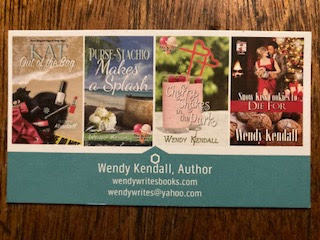
The Paris Wife
By Paula McLain
I found a great he said/she said pair of
books. Published after Ernest
Hemingway’s death, A Moveable Feast
is his memoir of his experience starting as a writer in 1920’s Paris, with his
wife Hadley Richardson. It was put
together by his fourth wife, Mary Welsh, who edited his personal manuscripts
and notes containing his observations and stories. The
Paris Wife is a fictionalized account of these same Paris years as told in
fiction by Paula McLain as if this is Hadley’s memoir.
The time period and characters are very well
researched. In an interview Paula McLain
said, “I first came to know Hadley in the pages of A Moveable Feast. His reminiscences
of Hadley were so moving that I decided to seek out biographies of her life—and
that's when I knew that I'd found something special. Her voice and the arc of
her life were riveting. She's the perfect person to show us a side of Hemingway
we've never seen before—tender, vulnerable, and very human—but she's also an
extraordinary person in her own right.”
The author takes the time to weave her story from before
Hadley meets Hemingway, so that what shaped her character and personality are
well understood by the reader. The
writing is entertaining, and each of the characters’ feelings comes across so
intensely that you are drawn to them. You’ll
find this book hard to put down. It’s
written as if a friend is confiding in you all her hopes, desires, and fears,
as well as sharing all her joys.
In this book you also encounter all the other writers and
friends that Ernest Hemingway describes in his memoir, including Gertrude Stein, Ezra Pound, and F. Scott and Zelda
Fitzgerald. You read Ernest Hemingway’s impressions of
these people as expressed to Hadley, but also you get Hadley’s feelings about
each of these friends, and her insights into how they all interacted.
The author successfully paints a picture of the excitement,
fervor, temptations, and creative energy of this Jazz Age period. You can vividly imagine the conversations and
scenes of these larger than life people.
You’ll be captivated by the evolution of the Hemingways’ relationship
that was a profound first love. It was
so interesting to get to know Hadley’s warm sense of humor and personable
charms, through this author. You’ll also
see a different dimension of Ernest Hemingway that is not often described in
his legend. As the author said, “The myth and reputation of the later Hemingway—all swagger
and feats of bravery—stands in sharp contrast to his twenty-something self, and
makes him all the more fascinating to me. He had incredibly high ideals as a
young man, was sensitive and easily hurt. Hadley often spoke of his ‘opaque
eyes,’ which showed every thought and feeling. She would know in an instant if
she'd wounded him, and then feel terrible. That vulnerability alone will
surprise many readers, I think.”
"The more I see of all the
members of your sex," Ernest Hemingway wrote to Hadley in 1940, "the
more I admire you." She remained untainted in his mind, an ideal that
persisted and reminded him that the best luck and truest love he'd ever had he
found with her.
Thereby hangs a tale . . .

No comments:
Post a Comment